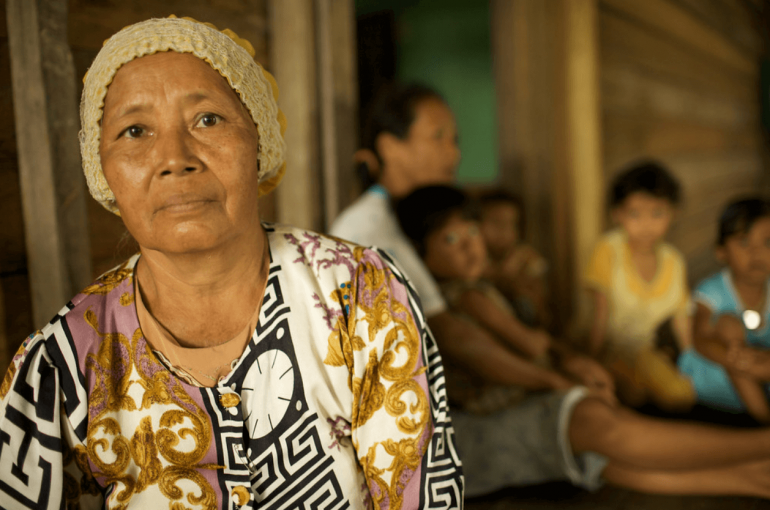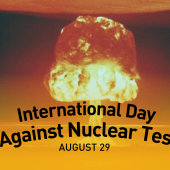United Nations Convention against Corruption

Corruption is a complex social, political and economic phenomenon that affects all countries. Corruption undermines democratic institutions, slows economic development and contributes to governmental instability.
On 31 October 2003, the General Assembly adopted the United Nations Convention against Corruption. The Assembly designated December 9 as International Anti-Corruption Day, to raise awareness of corruption and of the role of the Convention in combating and preventing it. The Convention entered into force in December 2005.
Corruption affects all areas of society. Preventing corruption gives answers to the progress of the Sustainable Development Goals, helps protect our planet, creates jobs, achieves gender equality, and secures wider access to essential services such as healthcare and education.
While it is everyone’s right to benefit from strong anti-corruption efforts, misconduct and wrongdoing is stealing away valuable resources.
The 2021 International Anti-Corruption Day seeks to highlight the rights and responsibilities of everyone - including States, Government officials, civil servants, law enforcement officers, media representatives, the private sector, civil society, academia, the public and youth - in tackling corruption.
And yet it is not only countries that need to unite and face this global problem with shared responsibility. Every single person - young and old - has a role to play to prevent and counter corruption, in order to promote integrity at all levels of society.
To achieve this, policies, systems and measures need to be in place for people to be able to speak up and say no to corruption. The United Nations Convention against Corruption emphasizes the responsibility of Governments to put in place effective whistle-blower protection to ensure that persons who speak up are protected from vengeance. These measures contribute to effective, accountable and transparent institutions towards a culture of integrity and fairness.
A six-week campaign starting at the beginning of November aims to highlight the role of key stakeholders and individuals in preventing and countering corruption in line with the theme, “Your right, your role: say no to corruption.” Each week will focus key topics like education and youth, sport, gender, private sector, COVID-19 and international cooperation.
The campaign aims to share good practices and examples of preventing and countering corruption worldwide through strengthening international cooperation against corruption in tackling connections with other forms of crime, in enabling the recovery and in developing innovative solutions, in advancing prevention through education, in leveraging youth engagement and in mobilizing allies in civil society, academia, and the private sector.
Reducing the risks of mismanagement and corruption during the pandemic requires the involvement of strong anti-corruption bodies, more open and transparent public finding and enhanced anti-corruption agreement by the private sector. In addition, countries also need to ensure support to and protection for whistleblowers and journalists uncovering corruption as well as bring their national anti-corruption frameworks in line with the United Nations Convention Against Corruption (UNCAC).
Corruption attacks the foundation of democratic institutions by distorting electoral processes, perverting the rule of law and creating bureaucratic quagmires whose only reason for existing is the soliciting of bribes.
Governments, the private sector, non-governmental organizations, the media and citizens around the world are to join the forces to fight this crime. And the ongoing joining forces is always necessary.
“Adequate support or provision or salary is not provided to the Government office bearers is one of the reasons that they are corrupted. Soldiers who are sent to the front areas are to survive only on the mercy of the inhabitants of the regions or only through the entry into the villages and demand the provisions by force for their sustenance,” said an elderly person in a province of Myanmar.
Radio Veritas Asia (RVA), a media platform of the Catholic Church, aims to share Christ. RVA started in 1969 as a continental Catholic radio station to serve Asian countries in their respective local language, thus earning the tag “the Voice of Asian Christianity.” Responding to the emerging context, RVA embraced media platforms to connect with the global Asian audience via its 21 language websites and various social media platforms.











